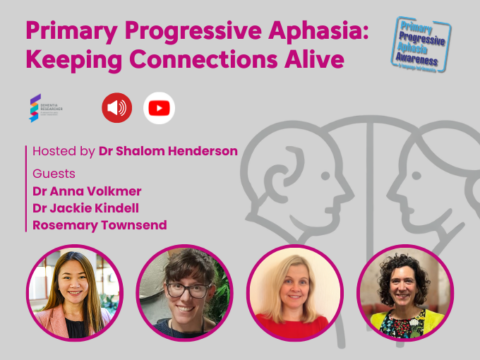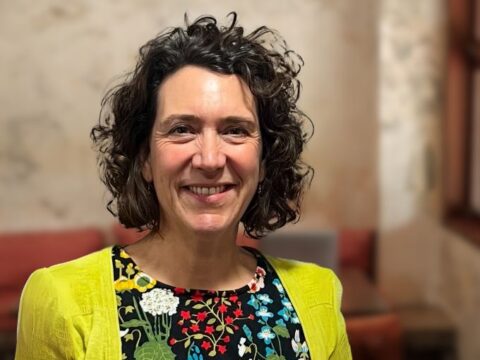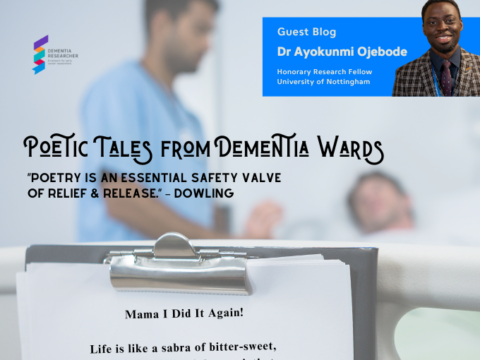
Dr Rebecca O’Brien
Name:
Dr Rebecca O’Brien
Job title:
Senior Research Fellow & Speech and Language Therapist
Place of work / study:
University of Nottingham & Nottinghamshire Healthcare NHS Foundation Trust
Area of Research:
My research mainly focuses on improving the communication of healthcare practitioners when working with people living with dementia.
How is your work funded?
My communication research has so far been funded through the NIHR HS&DR programme, the East Midlands CLAHRC and Health Education England.
Tell us a little about yourself:
I have worked as a speech and language therapist in in the NHS for more than 25 years, supporting the communication and swallowing needs of adults who have experienced neurological disorders such as dementia, strokes and brain injuries. I was always interested in improving the evidence base for what we did as clinicians. In 2012 I completed an NIHR-funded Masters in Research Methods for Healthcare which gave me a great grounding for developing and carrying out further research. I was fortunate to find very experienced clinical-academic researchers at the University of Nottingham who were also interested in how to improve communication between healthcare professionals and people living with dementia. We worked together on a research bid, which eventually led to the VOICE study and my PhD, which I completed in 2019. I now work part-time clinically for the NHS and part-time in dementia research at the University of Nottingham.
Tell us a fun fact about yourself:
I play the saxophone- badly!
Why did you choose to work in dementia?
I am passionate that people living with dementia should receive the best possible healthcare in spite of their communication difficulties. My experience suggests that healthcare practitioners need help delivering optimal healthcare to people with dementia because all healthcare needs successful communication, and communicating well can be challenging in these circumstances. I want to be part of the solution to this, identifying and training the most helpful communication practices.

 Print This Post
Print This Post




